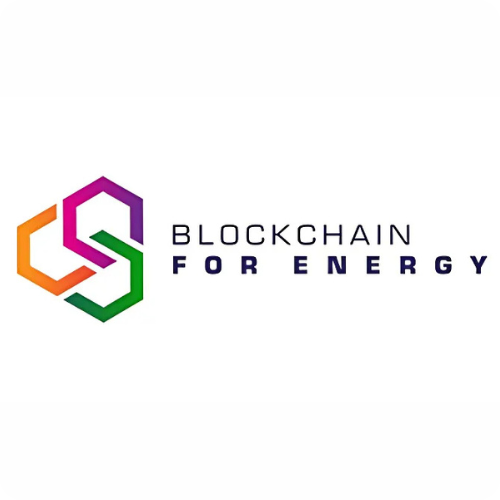
Idemia
IDEMIA is a multinational technology company specializing in identity and security solutions. Headquartered in France, the company provides a broad range of products and services to clients in over 180 countries, including governments, enterprises, and financial institutions. Its core mission is to enable citizens and consumers to interact, pay, connect, travel, and access public or private spaces securely in both the physical and digital realms.
Leveraging deep expertise in biometrics including fingerprint, facial recognition, iris recognition, cryptography, and artificial intelligence, IDEMIA develops solutions across three primary divisions: secure transactions, public security, and smart identity. Related offerings include secure payment technologies and card issuance, connectivity solutions for mobile operators and IoT devices, and the creation of physical and digital identity credentials such as passports, ID cards, and mobile IDs. Furthermore, IDEMIA provides systems for border control, public safety, and access control.
The company's solutions are integral to numerous critical activities, from facilitating secure financial transactions and ensuring trusted communication networks to managing citizen identities and securing travel and public spaces.
Project Information
Related Projects

Blockchain for Energy (B4E) is a non-profit, member-led consortium dedicated to driving digital transformation within the energy sector. Comprising major energy companies including Chevron, ExxonMobil, and Repsol, B4E was established to collaboratively develop and implement blockchain-based solutions that can enhance efficiency, reduce costs, and increase transparency across the industry.
The consortium's flagship product is the B4ECarbon platform, an advanced digital measurement, reporting, and verification (dMRV) solution. This platform integrates AI and IoT with distributed ledger technology to provide a secure and auditable system for managing emissions data. It enables energy operators to track, report, and verify their environmental performance in near real-time, helping to prevent greenwashing and ensure compliance with global standards. The B4E Network & Platform, built on Hyperledger FireFly, serves as the foundational layer connecting all of the consortium's solutions in a decentralised environment governed by its members.
The B4ECarbon platform is built on the Hedera public network, and has been a member of the Hedera Governing Council since June 2025.


Third Act Digital is a non-fungible token (NFT) marketplace specifically designed for the theatre community, allowing fans to collect and own digital representations of memorable theatre performances and moments. It leverages the Hedera network for NFT creation and facilitates transactions for purchasing digital collectibles using the USDC stablecoin.
A core objective of Third Act Digital is to deepen fan engagement by providing a novel way to interact with and own verified pieces of theatrical history. The platform collaborates with renowned theatre institutions such as The Public Theater to curate unique NFT offerings that capture iconic moments from various performances. This initiative bridges the gap between traditional theatre and the world of digital collectibles.
Built on the carbon-negative Hedera Hashgraph, Third Act Digital emphasizes a sustainable approach to blockchain technology. To ensure a smooth user experience, particularly for new users, the platform integrates Venly's Wallet API. This facilitates easy onboarding and interaction with the marketplace, allowing a broader audience to participate in collecting theatre-related NFTs.

Momental is a Web3 platform specializing in creating dynamic, data-driven digital collectibles, described as "Living NFTs." The company partners with sports teams, athletes, and brands to transform key moments into evolving digital assets. Unlike static NFTs, Momental’s collectibles are designed to change their appearance and metadata over time based on real-world events and data streams.
The platform is built on the Hedera network, utilizing its unique capabilities to power these dynamic assets. For example, a digital trading card of an athlete, minted as an NFT on the Hedera Token Service (HTS), can automatically update to reflect their latest game statistics, career achievements, or even video highlights. The Hedera Consensus Service (HCS) is used to ingest and provide a transparent, tamper-proof record of the real-world data feeds that trigger these updates. This ensures the authenticity and verifiable history of each change to the "Living NFT."
Through partnerships with organizations such as the SSU rugby team in South Africa, Momental provides a novel way for fans to own a piece of their favorite team's journey.
